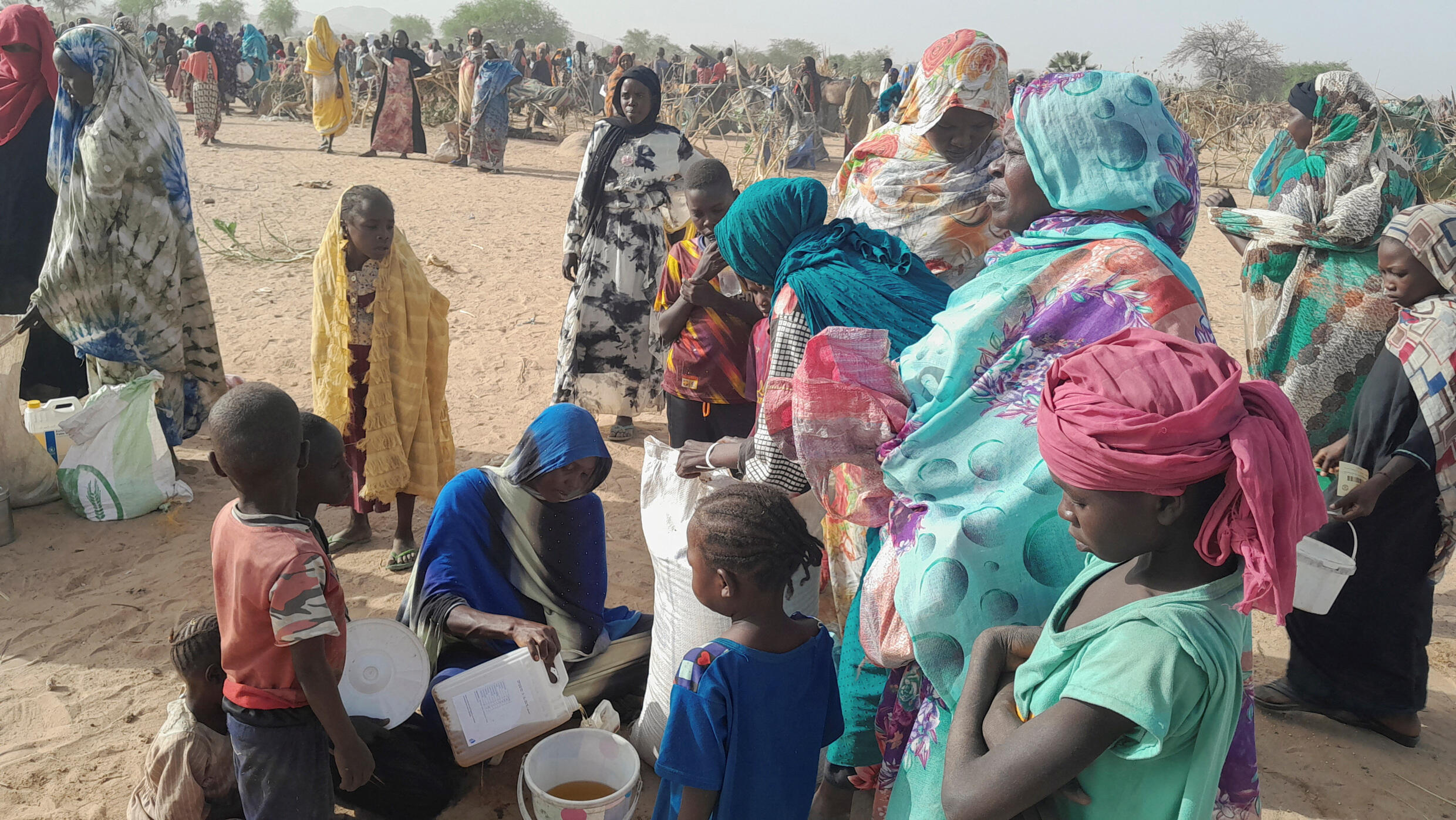First modification:
This May 4, the first of the seven days of the ceasefire agreed between the opposing parties in Sudan, was marked by combat and bombardments. Human Rights Watch reports that the two parties to the conflict use explosive weapons in residential areas. Meanwhile, the UN urges to allow the safe passage of humanitarian assistance, after six trucks belonging to the organization were looted.
The roar of the shelling and the clouds of black smoke from the explosions once again shook Khartoum, the Sudanese capital, this Thursday, May 4. A day that was supposed to be the first of seven days of ceasefire.
It is the longest truce promised so far by the two parties that are fighting for power in the absence of a government: the Army and the paramilitaries of the Rapid Support Forces (FAR).
But in more than two weeks after the outbreak of the fighting, none of the announced truces has been fulfilled.
Gunfire and explosions gripped Khartoum for a 20th straight day Thursday leaving the latest ceasefire effort in tatters, a day after UN chief Antonio Guterres acknowledged the international community had “failed” Sudan.https://t.co/6nW5TBfKQd
— AFP News Agency (@AFP) May 4, 2023
New scenes of violence were recorded at a time when the general’s troops Abdel Fattah Burhan they tried to push back the rival forces of the general Mohamed Hamdan– with which until recently they co-directed the nation – in the vicinity of the presidential palace and the Army headquarters.
Heavy shelling also took place in the neighboring cities of Omdurman and Bahri. Thousands of civilians are trapped in the crossfire.
HRW denounces the use of explosives in residential areas
In recent hours, Human Rights Watch (HRW) denounced that among the weapons used by the two sides in areas inhabited by civilians are rockets and bombs, which increases the probability of fatalities, at least 550 confirmed by Sudan as of Tuesday. May 2.
“Sudan’s belligerent armed units are showing reckless disregard for civilian lives by using imprecise weapons in populated urban areas,” said HRW Sudan researcher Mohamed Osman.
These actions also cause damage to critical infrastructure for access to water and medical care in the impoverished country and HRW recalled that the two opposing sides “have a long history of serious violations of International Humanitarian Law and human rights.”
“Many civilians in Khartoum and elsewhere have been forced to stay at home, enduring water and electricity shortages amid sweltering heat and no access to medical care. Many hospitals and other medical facilities have had to close.”Osman noted.

Against this background, HRW urged the UN and the African Union to take action. “It is critical that the Security Council blocks all arms transfers to Sudan, ensures reporting of abuses and creates a mechanism to help bring perpetrators of serious crimes to justice,” he said.
The UN denounces looting and calls for the safe passage of humanitarian aid
Meanwhile, the United Nations has said it has pressured warring factions in Sudan to ensure the safe passage of humanitarian aid after six trucks were looted.
The United Nations Assistant Secretary General for Humanitarian Affairs, Martin Griffiths, said he hopes to hold face-to-face meetings with representatives of the two armed groups in the coming days to obtain guarantees that the aid convoys can deliver the expected supplies to the population. , eager for food, water and medicine.
In addition, the United Nations warns that the fighting could cause a “humanitarian catastrophe” that spreads to other countries.
And it is that since the armed confrontations detonated, on April 15, the massive exodus is evident inside and outside the borders of Sudan.
At least 330,000 people have been forced to leave their homes. Of these, around 100,000 have crossed into already impoverished neighboring countries, which are facing a refugee crisis as the number of those fleeing abroad may rise to at least 800,000, the UN estimates.

In Sudan, a quarter of the population relied on humanitarian aid before the ongoing conflict broke out, but that work is now hampered by violence.
For now, and with international mediators pressing for peace talks, the Army assured that it would send a representative to hold talks with the leaders of South Sudan, Kenya and Djibouti.
However, he stressed that there would be no face-to-face discussions with the FAR, so communication would be through mediators.
With Reuters, AP and EFE






![[Img #74675]](https://thelatestnews.world/wp-content/uploads/2024/12/They-discover-a-new-class-of-X-ray-sources-in-the-150x150.jpg)







